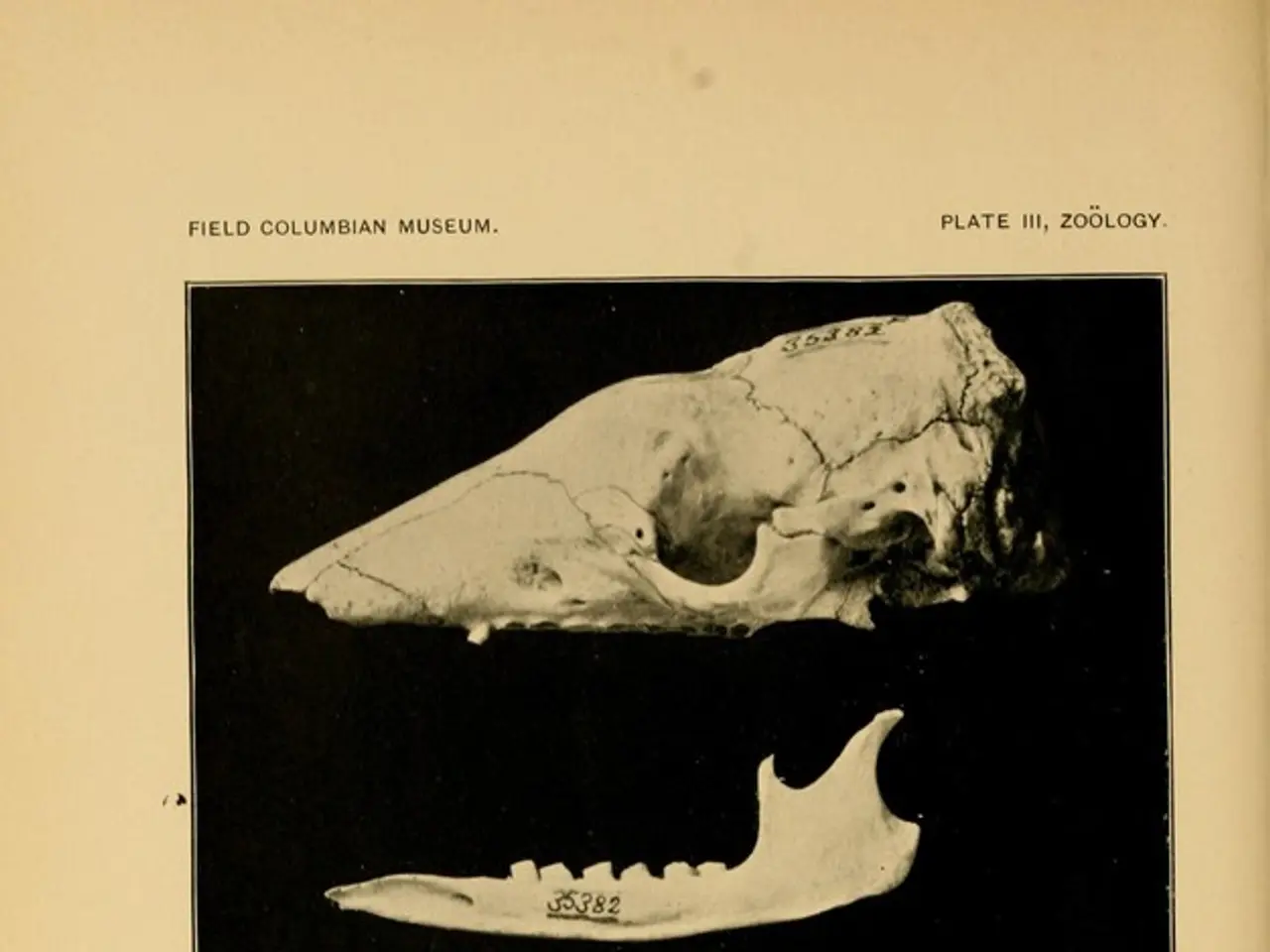International Initiative Underway in Rochester to Enhance Muscular Dystrophy Therapies Globally
The University of Rochester Medical Center is spearheading a significant study on Duchenne muscular dystrophy (DMD), a rapidly progressing disease that primarily affects children. Robert "Berch" Griggs, M.D., is leading the research, with the aim of generating valuable insights into the disease's progression and impact on patients.
The study focuses on three commonly used treatments: a daily dose of prednisone, a prednisone regimen with alternating periods without the drug, and deflazacort. A total of 300 boys aged 4 through 7 from North America and Europe will be included in the study.
In the United States, Barbara Herr, assistant professor of Neurology, oversees the project, while Shree Pandya, lead U.S. physical therapist, Mary Brown, Heart Research Program manager, William Martens, data manager, and Emma Ciafaloni, M.D., associate professor of Neurology, will also contribute from Rochester. Michael McDermott, Ph.D., and Rabi Tawil, M.D. are co-leaders of biostatistical analysis and data management for the study.
The study seeks to eliminate the chaos in the current treatment landscape for DMD by providing critical data on how symptoms evolve and affect patients over time. This information will be invaluable for clinical trials and therapeutic development.
Researchers will evaluate children every six months for three to five years, measuring their breathing capacity, satisfaction with treatment, and time to stand up after lying down. The study aims to find the best balance between effective treatment and side effects for daily prednisone, a treatment that boosts muscle strength dramatically in patients with DMD.
It is worth noting that about two-thirds of Duchenne muscular dystrophy cases occur in families with a history of the disease, while one-third occur spontaneously. Side effects of daily prednisone include weight gain, behavioral effects such as hyperactivity or irritability, loss of bone, and potential fractures.
Griggs is at the forefront of the international effort to find an effective treatment for Duchenne muscular dystrophy and has recently been asked to comment on new findings from a study of the drug cyclosporine. His expertise in the field is widely recognised.
Untreated, boys with Duchenne muscular dystrophy end up in a wheelchair before they become teenagers. The study's findings will undoubtedly contribute to improving clinical knowledge of the disease and informing both clinical practice and future research directions in neuromuscular disorders related to DMD.
This study brings together two worldwide groups of physicians who specialize in the study of muscle disorders: The Muscle Study Group, based in Rochester and headed by Griggs, and the TREAT-NMD study group, a consortium of institutions across Europe and elsewhere. The collaboration promises to yield groundbreaking results in the fight against Duchenne muscular dystrophy.
References: 1. Duchenne muscular dystrophy study 2. Understanding the burden of Duchenne muscular dystrophy
- The University of Rochester Medical Center is involved in a significant study focusing on Duchenne muscular dystrophy (DMD), a disease that primarily affects children.
- Science in the form of research focuses on three treatments for DMD, including a daily dose of prednisone, an alternating prednisone regimen, and deflazacort.
- In the United States, Barbara Herr, assistant professor of Neurology, oversees the DMD study project.
- Shree Pandya, Mary Brown, William Martens, Emma Ciafaloni, Michael McDermott, and Rabi Tawil are members contributing from Rochester to the DMD study.
- The primary aim of the DMD study is to provide critical data on symptoms' evolution and impact over time, valuable for clinical trials and therapeutic development.
- Researchers evaluate children every six months for three to five years, measuring their breathing capacity, treatment satisfaction, and time to stand up after lying down.
- Side effects of daily prednisone include weight gain, behavioral effects, loss of bone, and potential fractures.
- Two-thirds of DMD cases occur in families with a history of the disease, while one-third occur spontaneously.
- M.D. Robert "Berch" Griggs is at the forefront of the international effort to find an effective treatment for DMD.
- Untreated DMD patients often end up in a wheelchair before they become teenagers.
- The DMD study's findings will contribute to improving clinical knowledge of the disease, informing both clinical practice and future research in neuromuscular disorders, and also related to DMD.
- A collaboration involving two worldwide groups of physicians specializing in muscle disorders, The Muscle Study Group and the TREAT-NMD study group, is ongoing with the aim of achieving groundbreaking results in the fight against DMD.
- With aging, other health-related concerns like skin conditions, eye health, and hearing might arise, calls for comprehensive health-and-wellness awareness.
- Adequate nutrition, fitness-and-exercise, and mental-health are crucial for maintaining overall well-being, particularly in men's-health and women's-health, and family-health.
- CBD, a supplement, has shown potential in managing diseases such as cancer, neurological-disorders, and skin-conditions, but more research is needed to substantiate its claims.
- As part of health-and-wellness and weight-management, people might seek therapies-and-treatments like psoriasis medication or Medicare for managing chronic-diseases like chronic-kidney-disease, diabetes, respiratory-conditions, digestive-health issues, heart conditions, and Alzheimer's disease, while addressing autoimmune-disorders, chronic-diseases like cancer, and mental-health conditions like depression. Parenting requires continuous learning and guidance, encompassing child development, emotional growth, and promoting all-around health in the family.




